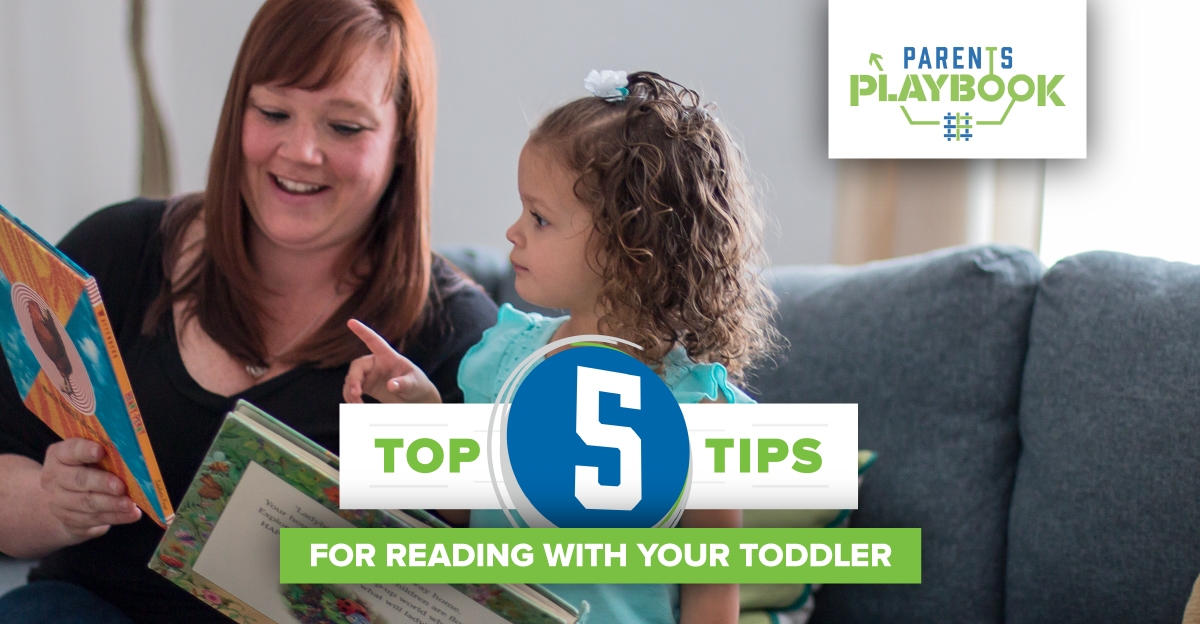Ever feel like all you do is talk to your toddler? Good news! That chatter is powerful. Every story you tell, song you sing and silly back-and-forth with your toddler helps build the brain connections they’ll need to talk, read and learn later in life.
Even if they can’t talk back yet, your toddler is soaking it all in—and it’s laying the foundation for a lifetime of learning.
Why Conversations Matter
When babies and toddlers hear words from the loving adults in their lives, they build bigger vocabularies—and that leads to better reading and school success down the road.
The secret isn’t saying a million words. It’s quality interactions. The best conversations are the simple ones you have while:
- Getting dressed
- Riding in the car
- Grocery shopping
- Playing on the floor
Narrate what you’re doing, describe what they see, ask questions (“What’s that sound?”), and give them time to respond—even with a smile or babble.
Pro Tip: Check out Smart Talk by Read On Arizona for everyday ways to support your child’s language skills.
Make Reading Part of Your Daily Routine
Reading with your child—yes, even reading that same book for the 100th time—is one of the best things you can do to support their language and literacy development. You don’t need fancy tools or flashcards. You just need a few minutes a day and a book.
Reading together every day:
- Builds vocabulary
- Strengthens your bond
- Helps your toddler get ready for preschool and kindergarten
- Sparks curiosity and imagination
Pro tip: NAEYC has great advice for reading and talking with your child to support their early learning.
Concerned About Language Delays?
It’s okay to have questions. If your toddler:
- Has no words by 16 months, or
- Isn’t using two-word phrases by age 2,
It’s a good idea to talk to their doctor. There could be something going on—such as a hearing issue or developmental delay—and early support can make a significant difference.


